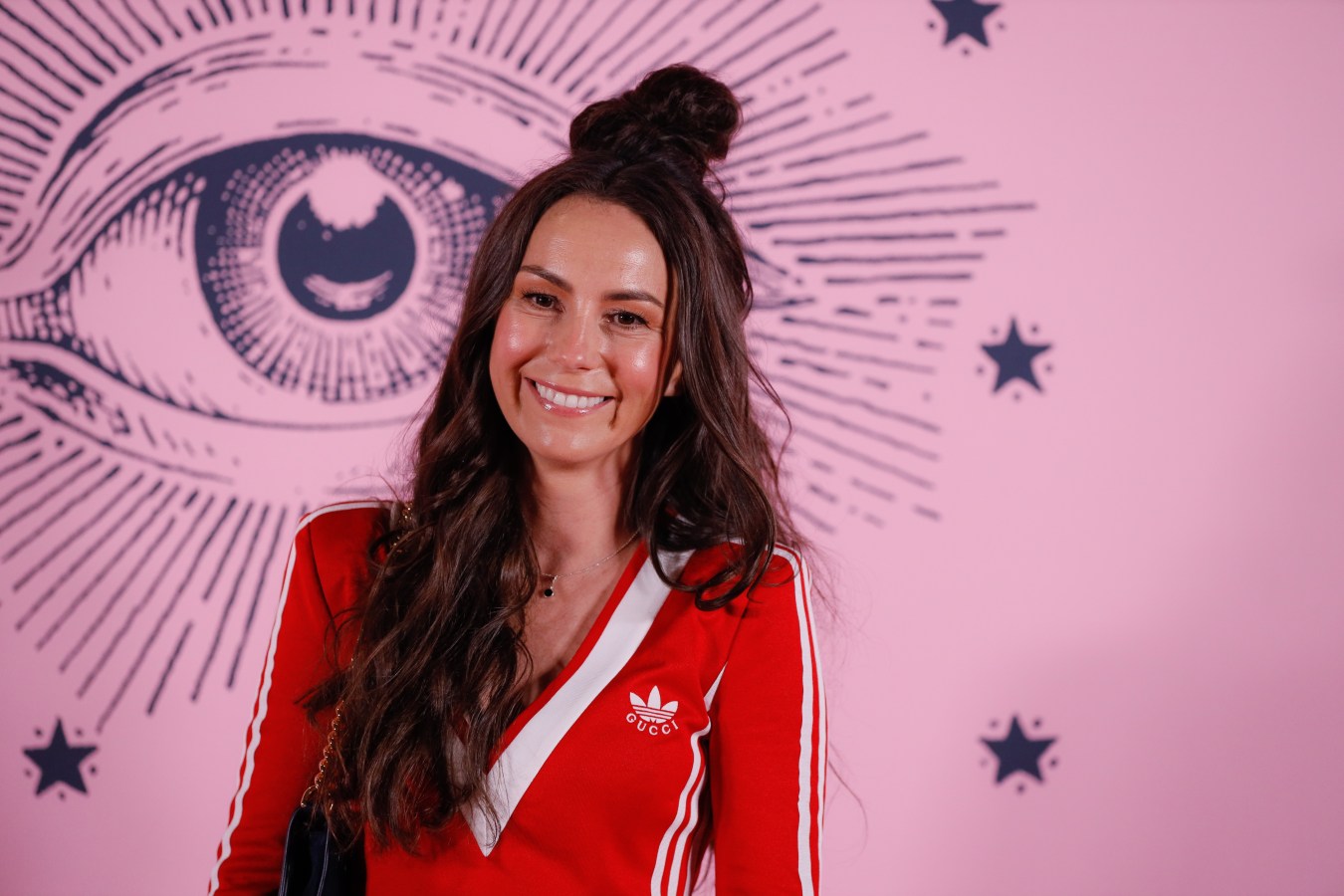Here’s how most of the team that brought the world the Barbie movie came to make a gin in Byron Bay.
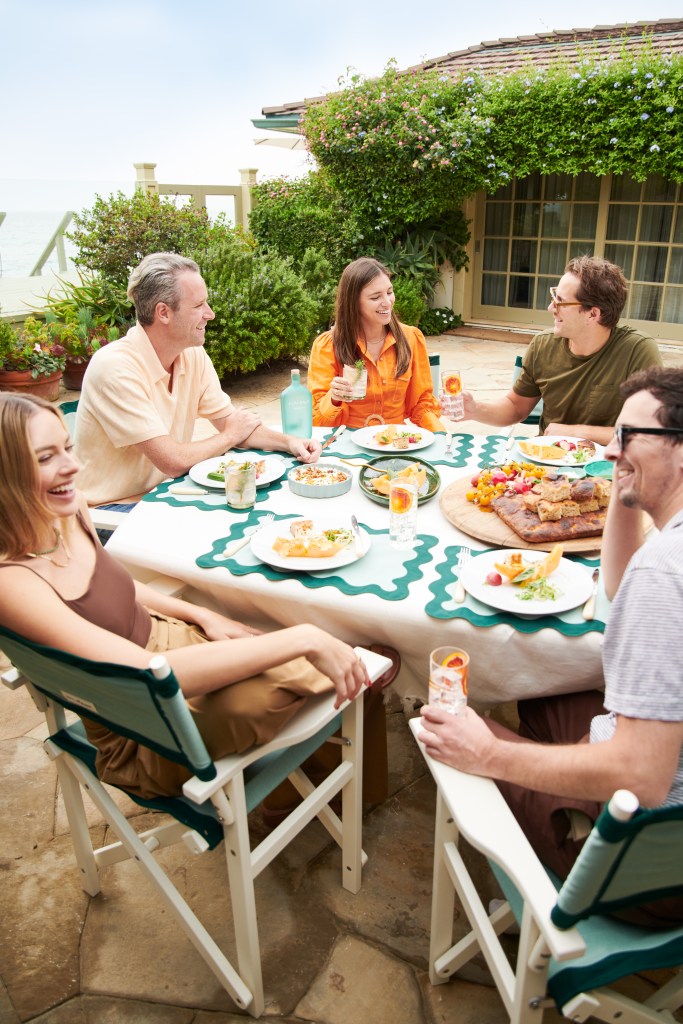
Not a week goes by that someone doesn’t contact Brian Restall, saying they’re some bigshot wanting to collaborate with his Lord Byron Distillery on a spirit. So here he is with American Charlie Maas on the line from the US telling him that he has to promise to keep a big secret before Maas will reveal the name of a celebrity who might want to make a gin.
Restall had to be straight with Maas. “If the person doesn’t have a connection to the Byron Bay area, if they don’t have a passion for the spirit, and if they don’t have an ethos of zero waste, we’re not interested.”
Restall makes the promise and Maas tells him the celebrity in question is Australian actor Margot Robbie, best known back then for her roles in The Wolf of Wall Street, Bombshell and I, Tonya.
Not long after, Robbie shows up at Restall’s cellar door. Robbie recalls: “I thought it would be just a quick visit to say ‘Hi’ to Brian and check out the facility. But it turned into quite a session. Brian has these tiny single-batch stills – so we started experimenting.”
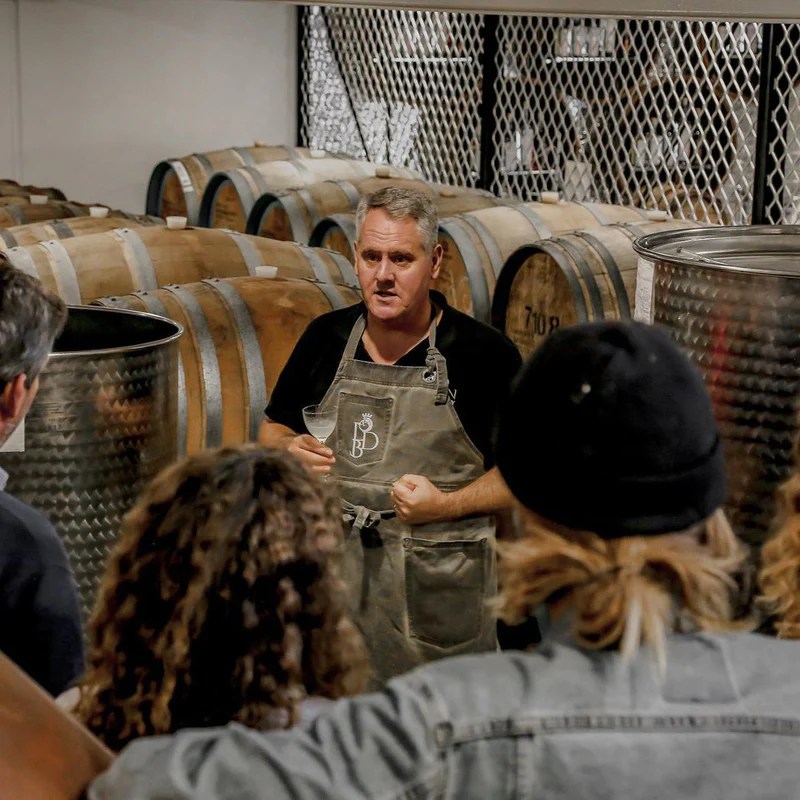
Robbie told Restall how she’d grown up on the Gold Coast and been married in Byron Bay three years earlier. She says how she’d met her now husband, Tom Ackerley, in London in 2014 during the gin craze – and all her fond associations with the drink.
“We weren’t drinking the nice stuff. And not always in the nicest bars.” Robbie tells Forbes Australia of those early days. “I picked up a trick from a friend who was backpacking and came to stay with us, that if you put a vanilla rooibos tea bag in your G&T, even the worst gin would taste fantastic.”
When Robbie met Ackerley, she also met his friend, fellow director Josey McNamara, and they all moved into a sharehouse in London, together with her childhood friend Sophia Kerr.
Robbie’s handbag was littered with vanilla Rooibos tea bags.
Restall was sold.
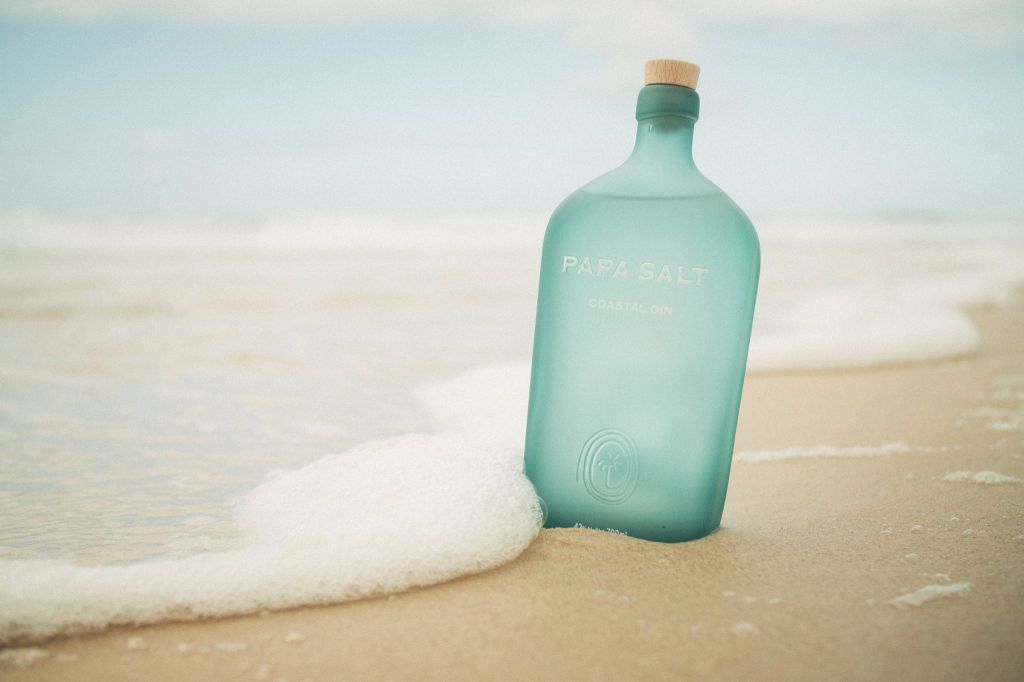
It was while the four of them shared the London house, scoffing all that gin, that they decided to form LuckyChap Entertainment, the production company whose most recent film, Barbie, was the highest-grossing movie of 2023.
But the gin thing never quite left them. Ackerley explains that after moving to LA, they’d go to bars and restaurants but could never find the gins they wanted.
“Even in the supermarkets, you could find your big-brand gins, but you couldn’t find anything niche,” he says. “How do we get the gins we love to drink? Should we just try to make our own? How hard could it be? We knew nothing about making gin. So we called someone who does – Charlie.”
Charlie Maas had come to know Robbie, Ackerley and McNamara through his wife, Regan Riskas Maas, who’d met them when she was an associate producer on Tina Fey’s Whiskey Tango Foxtrot.
In 2018, Maas went to multiple liquor stores to buy every gin on the market to take to Robbie and Ackerley’s LA house and present back to the group. They all seemed to gravitate to the more savoury brands. Robbie told Maas and Riskas the story of the rooibos tea. “And we all had a big laugh about that,” recalls Riskas. “We thought, ‘Well, maybe that’s the story we can kind of lean into.’ We all liked that flavour.”
They started mixing flavours. Ackerley says they absorbed the surroundings as they messed with scents and spices, sitting around the pool. It became the feeling they wanted to evoke – a long, lazy afternoon of imbibing till the bottle is suddenly empty. They used the word sessionability”.
“We were hoping to bottle the essence of a sunny Aussie beach day where you can just enjoy your friends and taste the salt on your skin.”
Regan Riskas Maas, Papa Salt co founder
“A lot of the gins, particularly the craft ones we tried, were something that you would take a sip and say, ‘Oh, this is interesting,’ but then you’d have to move on because the flavour profile is too intense.”
Maas’s family owned a boutique distillery, The Dancing Goat Distillery, in Wisconsin. His brother distilled about 40 different botanicals and sent them in perfume bottles for the group to start playing with, combining flavours.
They made ingredient lists, measured them on scales, and wrote them down. They played with camomile and various teas, plus vanilla. They made lists of ingredients, measured them on scales, wrote them down. The process took so long that Riskas went through two pregnancies. Convenient, because they needed a designated driver to take notes.
They started looking at distilleries in Australia to make it. “Margot had always said Australian gin drinkers were the most discerning,” says McNamara.
Lord Byron Distillery was the smallest they looked at and the “zero-waste”, “renewable-energy”, and “family-business” vibes appealed.
And so, as the world locked down with COVID-19, Robbie, as an Australian, was the only one allowed to travel to see Restall.
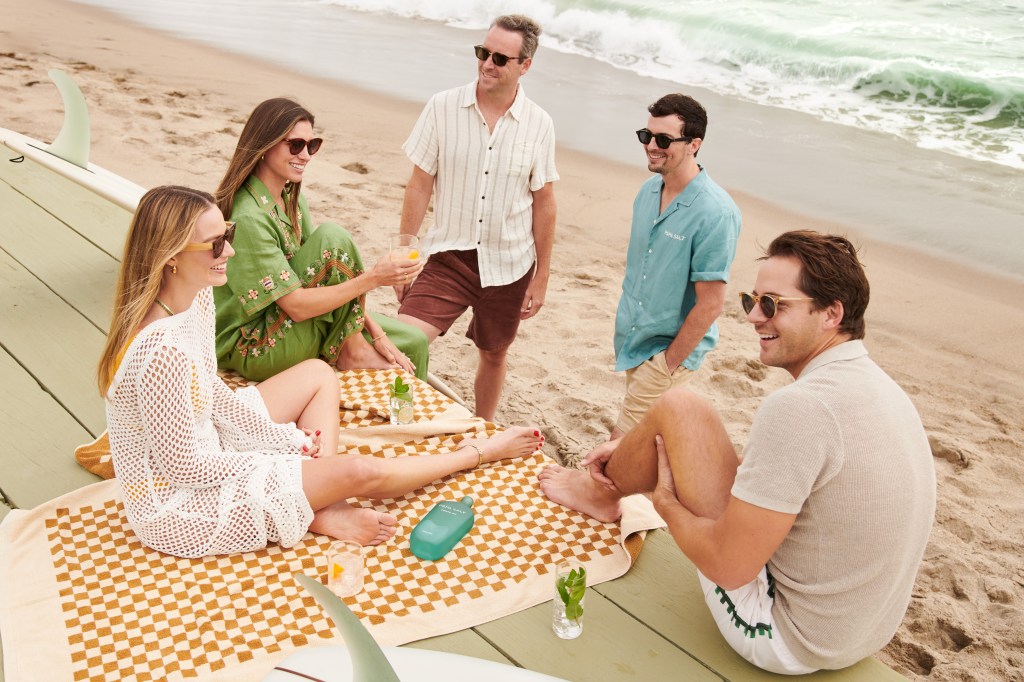
Back in the US, Maas was getting nervous. The group knew Margot was meeting Restall at midday, so Maas texts her two hours later to see if Lord Byron checked out. No answer.
Then, late in the California evening, his phone beeped. “She’s like, ’Still here. We’re making gin, Brian’s a legend.’”
Robbie’s texts to the group grew less coherent as the day/night continued. “But we made a lot of headway that day,” she says. “And it was so much fun – experimenting, creating, and trying weird things. Sometimes, you go down a path that leads to a dead end, but you’re having a great time.”
Soon after teaming up with Lord Byron, they thought they’d nailed the recipe.
Nude in front of the mirror
Maas had a friend who judges spirits competitions and led a blind taste test against the world’s best-selling gins. “She picked our gin as the best of the 10 in the blind tasting,” says Maas. “But when everybody went to drink later on, nobody wanted ours. We were all drinking other brands. I was watching this thinking, ‘We’ve made something unique to taste, but nobody wants to drink more than one of it – the exact opposite of what we set out to do.’”
The new brief was a gin that tasted great in tonic, great in a martini, and great with soda, says Restall. “My response was: ‘That’s like standing in front of the mirror nude and being happy with what you’re looking at. Virtually impossible.’” But he set to work and started sending them bottles with wattleseeds, waxflowers and oyster shells.
“Brian got it 90% done once we became less prescriptive,” says Maas.
“We were doing blind tastings and ranking it (their chosen variation) as our favourite. We were all loving it and just going through it like water, but we still were, like, ‘Can we just try 5% less rosemary?’ Brian was so patient.”
But even Restall was getting restive: “We were saying to Charlie and the team, ‘I think we’ve got an excellent gin. It’s time to close the books and start making it.’” Maas entered their 59th iteration – with no rosemary – into the 2022 LA Spirits Awards.

It was a blind tasting so the Margot Robbie connection was not known to the judges, who voted the gin as best in the entire competition. The gin – named Papa Salt after a grizzled Australian sailor McNamara, Ackerley and Robbie met in Sri Lanka – was soft-launched early this year and sold out in days. Since then it’s been as rare as a Margot Robbie flop.
Restall has been firing up Lord Byron’s stills to total capacity, producing the equivalent of his annual production in the last three months to meet Papa Salt’s demand as it slowly fills the shelves of major retailers leading into the holidays. He has two larger hand-beaten copper stills on order from Portugal.
As the husband of Margot Robbie, the world’s most in-demand female star, many would recognise Ackerley’s good fortune, but he also points out his blessings in being able “to conceptualise and make things” for
a living.
“It’s been so much fun, and I’m sitting here holding this bottle. I love it so much,” he says. When you make a movie you love, you could watch it 1000 times, and I found out that when you make a gin you love, you can drink it time and time again.”

